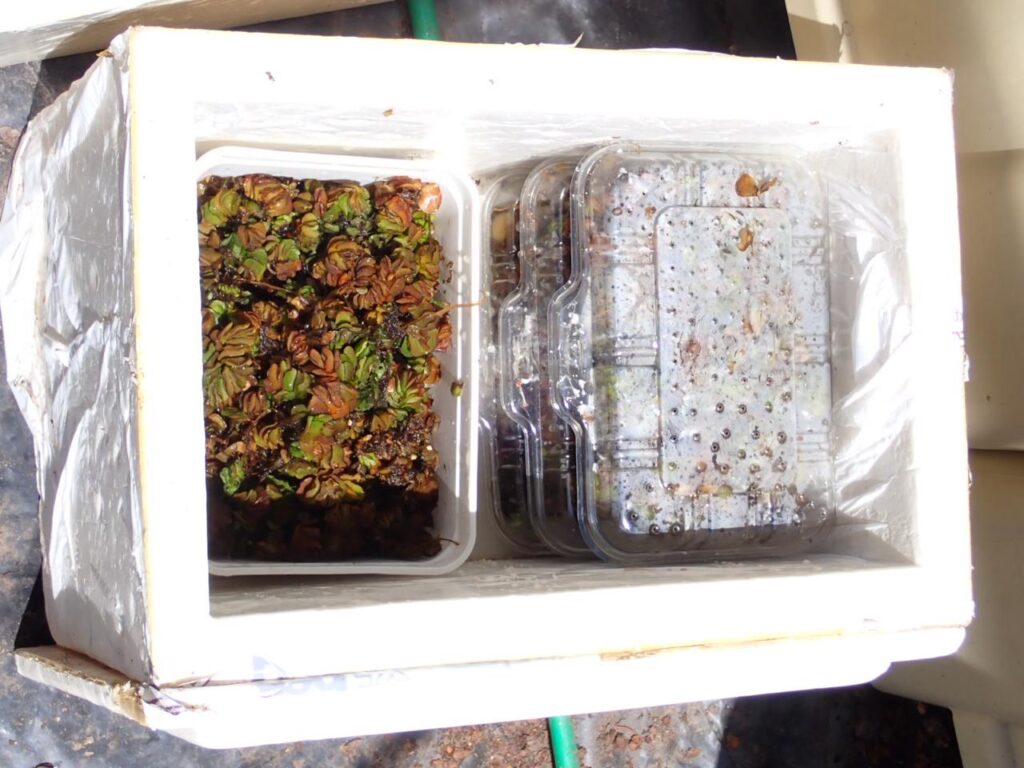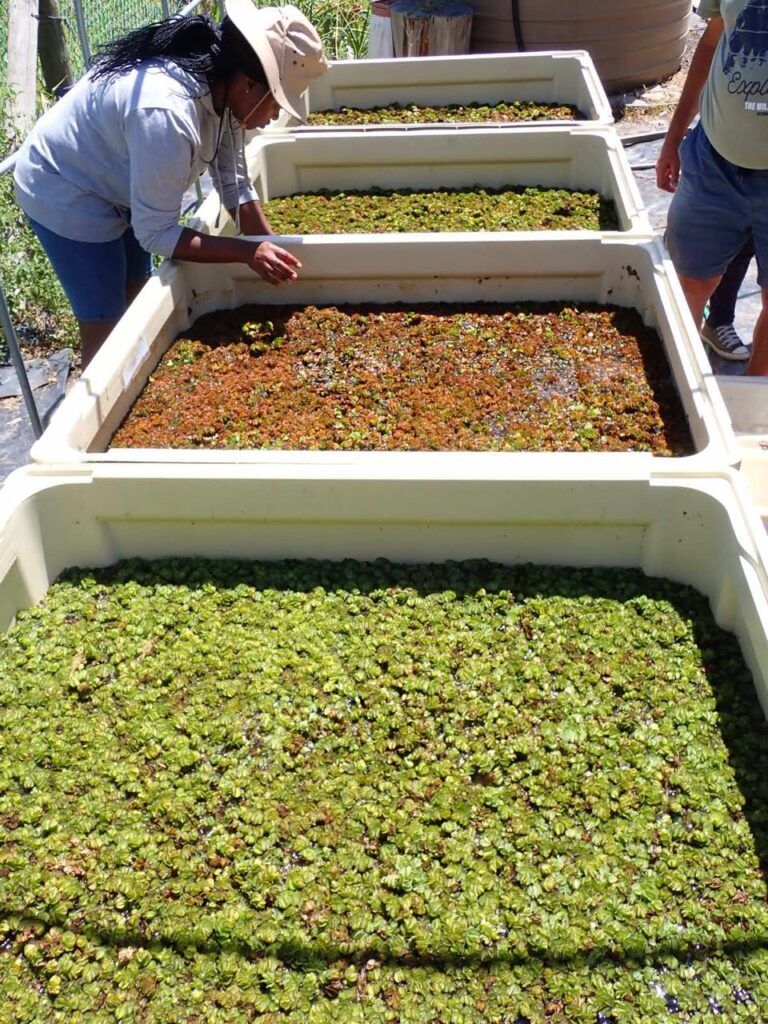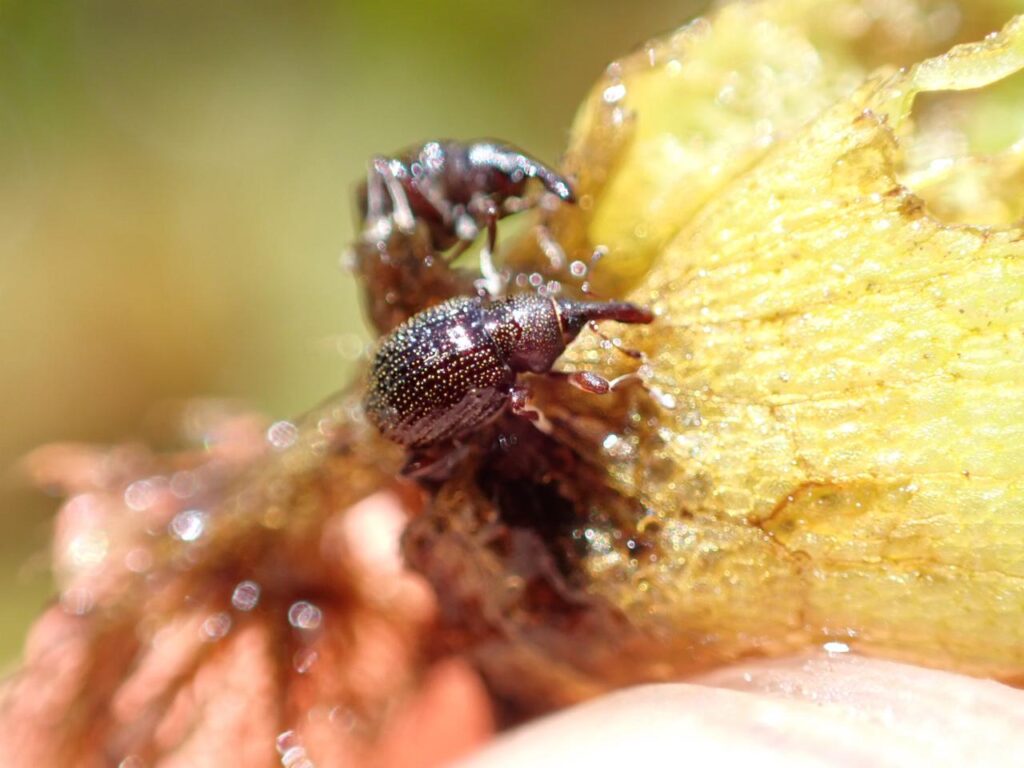Introduction of Weevils to Control Kariba Weed in Garden Route Dam

The Garden Route Dam, a vital freshwater system in the region, has been grappling with the invasive aquatic fern known as Salvinia molesta, or Kariba Weed. Originating from South America, this fern has spread rapidly across various freshwater bodies in South Africa since its introduction in the early 1900s. Its aggressive growth rate poses a severe threat to local biodiversity and ecosystem health.
In response to this ecological challenge, the George Municipality has implemented a biological control program utilizing the weevil Cyrtobagus salviniae. This initiative aims to provide a sustainable, environmentally friendly solution to manage the proliferation of Kariba Weed in the Garden Route Dam.
Cyrtobagus salviniae, the chosen biocontrol agent, targets Salvinia molesta by feeding on its buds and leaves. The weevil’s life cycle unfolds entirely on the Salvinia molesta plant, with adult females laying eggs on the foliage. These eggs hatch into larvae, which then feed on the roots and buds of the fern before maturing into adult weevils. This natural process effectively reduces the population of Kariba Weed over time.
The Garden Route Botanical Garden, in collaboration with the Centre for Biological Control at Rhodes University, has established a weevil breeding satellite station to support this endeavor. Since the inoculation of weevils into rearing tanks in late 2022, the program has witnessed promising results.
Recent observations in December revealed a surge in Salvinia molesta growth in the Kat River above the George Dam. Prompt action was taken, with the manager of Parks and Recreation at George Municipality coordinating efforts to obtain weevils for inoculation. Subsequent collaborations with the Centre for Biological Control and the Garden Route Botanical Garden facilitated the collection and dispersal of weevils into the dam.
With the assistance of passionate environmentalists like Petrus Crous, who volunteered to disperse weevils to heavily infested areas in the dam, significant progress has been made. Follow-up assessments have indicated notable damage to Salvinia molesta plants by the weevils, underscoring the efficacy of this biological control strategy.
Looking ahead, further inoculations are planned before winter sets in, targeting areas yet to receive weevils. This ongoing initiative underscores the commitment of stakeholders to safeguarding the ecological integrity of the Garden Route Dam and its surrounding ecosystems.
Report by Doug Cooke (plant specialist), Garden Route Botanical Garden



